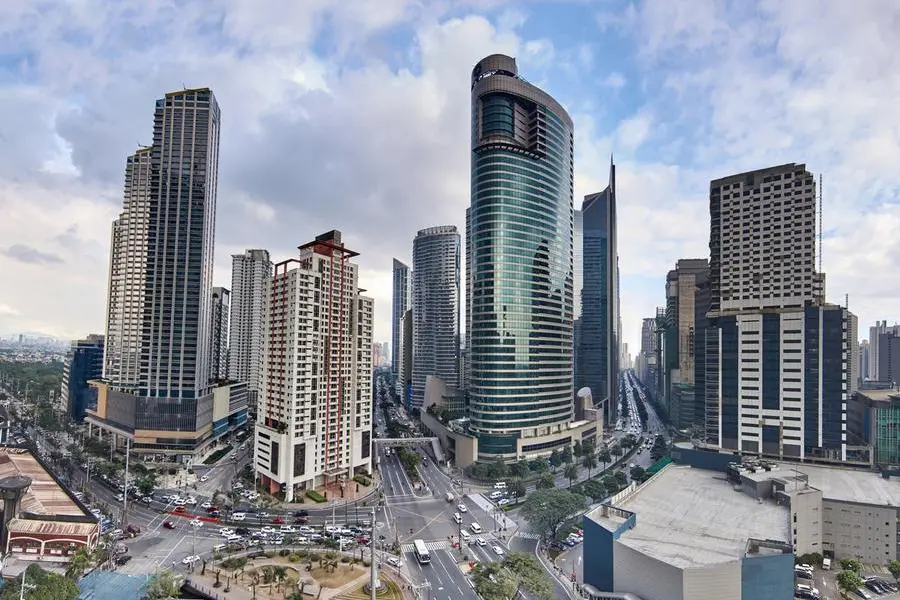PHOTO
The Philippines would be able to attract more foreign direct investments (FDI) in the coming years amid reforms that improved the country's business climate, HSBC Global Research said.
However, the country should first address structural and institutional challenges, which may prompt some investors to look elsewhere in the Association of Southeast Asian Nations (ASEAN) region, it added.
In a report dated March 25, HSBC Global Research said despite the bearish outlook on FDI, the country has made good reforms since 2018, sparking investor interest to set up shop and take part in the Philippines' development.
'Thanks to the country's robust reform narrative, FDI sentiment in the Philippines is bound to improve in the years ahead and the general pessimism regarding the country's FDI competitiveness ought to turn for the better,' it said.
Based on central bank data, FDI fell for a second straight year in 2023, decreasing by 6.6 percent to $8.86 billion from $9.49 billion a year ago.
Despite the decline, the net inflow was slightly higher than the $8-billion target set by the central bank for 2023.
According to HSBC, several laws were passed to attract investments into the country. These include the Ease of Doing Business Law, which was passed in 2017 to cut red tape and streamline government process, and the CREATE law, which was passed in 2021 to introduce a more competitive selection of tax incentives.
HSBC also cited some liberalization reforms that were enacted over the last two years, namely the Foreign Investment Act, the Public Service Act and the Retail Trade Liberalization Act.
'Nonetheless, we should give credit where credit is due, and these big-ticket reforms, though nascent, signal to the world that the business climate in the Philippines is moving in the right direction,' HSBC said.
The recent circular of the Department of Energy, which enabled 100 percent foreign ownership of renewable energy projects, also increased investments in the energy sector, the research firm said.
The Philippines has also seen higher investments from ASEAN, Japan and Europe, and soon, the US, HSBC said.
However, high electricity rates and red tape may continue to dampen foreign investments.
'Although the country's outlook for FDI is far more robust today than in the past decade, the reality is that the Philippines is still mired by a myriad of structural and institutional challenges, enough to make some investors look elsewhere in ASEAN,' HSBC said.
It said that electricity costs in the Philippines remain the highest among developing economies in ASEAN, making it more costly for potential manufacturers to set up their business in the country.
'Nonetheless, these issues are not unsolvable. Hopefully, the surge of renewable energy-related FDI is able to turn the archipelago's tidal prowess into actual energy supply, which, in turn, brings down prices,' HSBC said.
Despite the challenges, the Philippines has built a robust and credible reform narrative that may continue to attract foreign investments.
'The country still has some areas to improve. However, the past five years have shown that the archipelago is pointed in the direction of making things better,' HSBC said.
It added that amending restrictions in the constitutions also signal that the country is open for reforms to boost FDIs.
Copyright © 2022 PhilSTAR Daily, Inc Provided by SyndiGate Media Inc. (Syndigate.info).





















